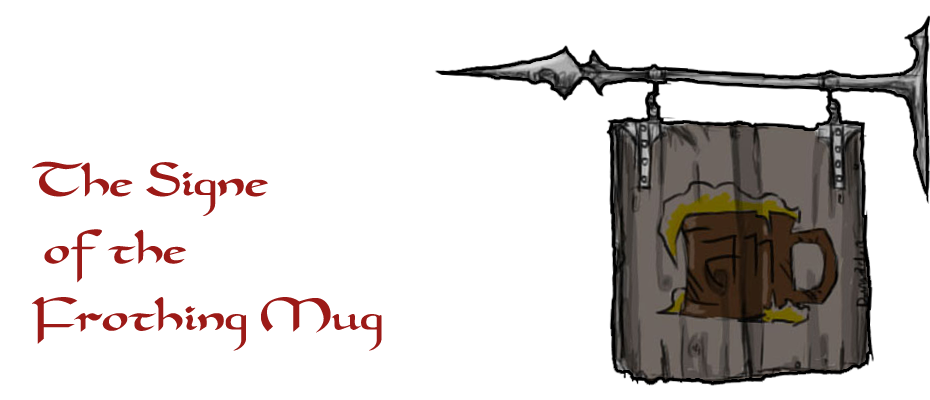It's an undeniable fact that "realism" in the form of verisimilitude seems to fall under the governance of the pendulum of popularity. I would argue that, at least in terms of literature, the most "realistic" of fantasy is actually historical fiction. This strains verisimilitude not at all—there is no need to accept a premise other than that the author is presenting a more-or-less accurate depiction of historical record. The further from historical fiction one strays, the more precepts must be taken for granted.
Hewing close to verisimilitude tends to produce the range of naturalistic works, such as those Gygax championed. Understanding the ecosystem of foreign and unbelievable lands makes them less unbelievable and grounds them in fact. It's no secret that I'm a champion of the Fewer Precepts model; the less an audience is asked to swallow, the easier it is to enjoy the story and forget that its a story. Character motivation, for me, is one of the worst things to bungle and the easiest way out of a tale. I'm more than willing to accept the existence of magic, of trolls, of whatever else. Of course, I'd rather not have to also take it for granted that those things don't follow rules, but I'm allowing myself to be sidetracked by one of my favorite subjects to harp on.
The driving point of all this is that I feel that the Song of Ice and Fire series represents a step in a different direction for fantasy literature. Steps of a similar ilk were taken with the Black Company (though these focused on verisimilitude of character and warfare rather than setting) and then much much further with Cook's second series, The Instrumentalities of the Night. I guess what I'm saying is maybe there's a place for a new kind of fantasy. I don't really know. I'm exploring the idea right now, as I'm sure you are now that I've mentioned it (or perhaps you're secretly fuming that I would suggest it).
I love Tolkien. He is the archetype, the universal model upon which I base my decisions. I love his writing. But it doesn't fit this idea of the New Fantasy. It's a mythic fantasy that he's writing, one informed by the mythology of Europe and the ideology of a particular time and a particular place and one slightly idiosyncratic man. Perhaps there can exist, alongside this, a clutch of secondary world literature that is less mythic in scope. Perhaps books about secondary worlds need not include wizards and wars without end, brutal night or the pinnacle of human achievement. Perhaps perhaps perhaps a new type of fantasy is dawning.
Or perhaps not.

No comments:
Post a Comment